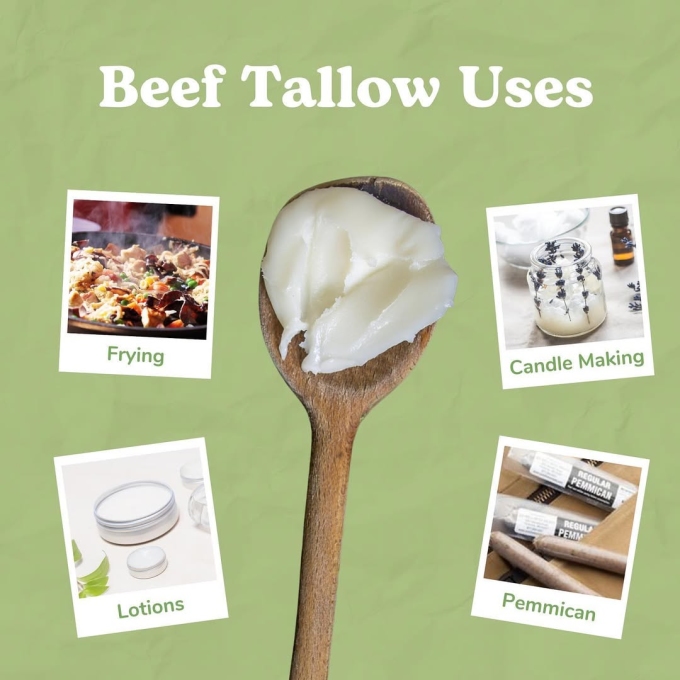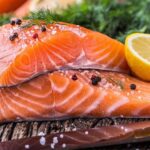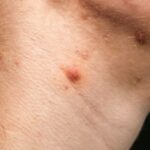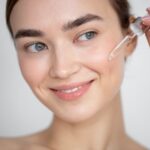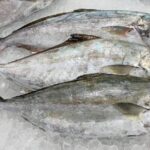The market has seen a surge in bovine fat-based creams, with some shops in Virginia, USA, selling out during last year’s Black Friday sales. These products are made from the fat surrounding a cow’s kidneys and processed into a moisturizing salve. Some even source fat from grass-fed cows, melting it with olive oil, whipping it to a fluffy consistency, and then bottling it.
A video by TikTok user Nara Smith demonstrates how to make bovine fat cream, combining it with beeswax, vitamin E, jojoba oil, and glycerin.
Dr. Brendan Camp, a New York-based dermatologist, told Forbes that bovine fat has a higher nutritional content than other animal fats and is rich in vitamins D and A, which help create smooth and soft skin. He also highlighted the presence of omega-3 fatty acids, which protect the skin from oxidative stress.
Dr. Ross Perry of Cosmedics Skin Clinics in Canada echoed these sentiments in an interview with Theindustry, stating, “It’s great for very dry skin and those who suffer from dry skin conditions such as psoriasis and eczema.”
However, several experts have expressed concerns and do not endorse the use of bovine fat in beauty routines. Dr. Tiina Meder, a London-based dermatologist, shared her reservations with Fox News, saying, “Bovine lipids have very little in common with human lipids. They can cause inflammation, especially in sensitive skin.” She also warned that improperly prepared products might contain bacteria and spoil easily.
Dr. Akis Ntonos, a US-based medical doctor, cautioned that “Everyone’s skin will react differently to products. Using bovine fat incorrectly could further irritate the skin or worsen acne conditions in others. It might also leave an unpleasant odor on the skin!”
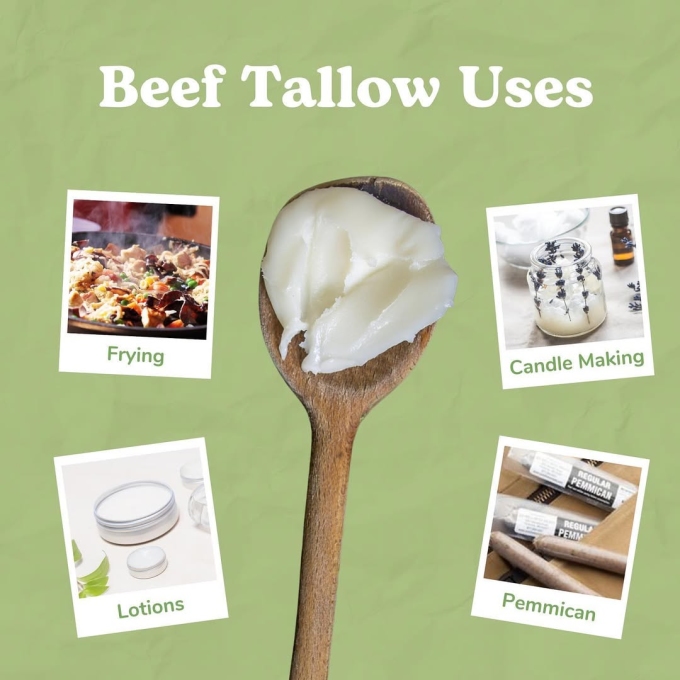
Bovine fat has been touted for its versatility, finding use in cooking, skincare lotions, candle-making, and even Pemmican, a ready-to-eat packaged food. Image: US Wellness Meats
According to Forbes, there is insufficient evidence to determine the benefits of bovine fat for human skin. Professor and medical researcher Bruce Y. Lee noted that current studies in the US and Europe yield limited and inconsistent results regarding its safety. Most studies place bovine fat in the “possibly unsafe” category for skincare.
Mr. Lee cautioned against relying solely on the endorsements of influencers and celebrities, telling Forbes, “They may say something is good or safe, but that may not be backed up by scientific studies. Who knows if they even use the product or how they use it.” He recommended opting for skincare products backed by scientific evidence.
























